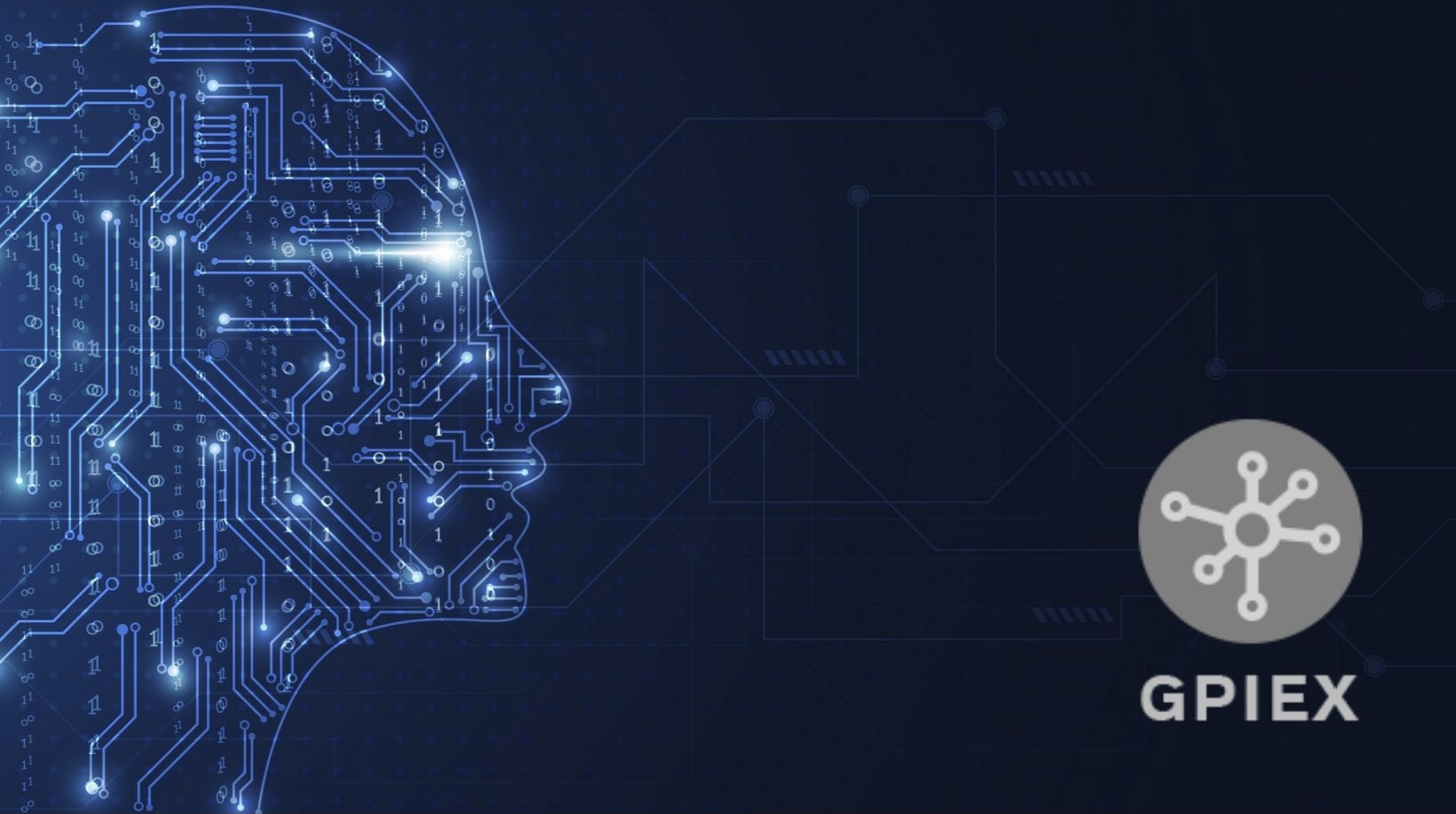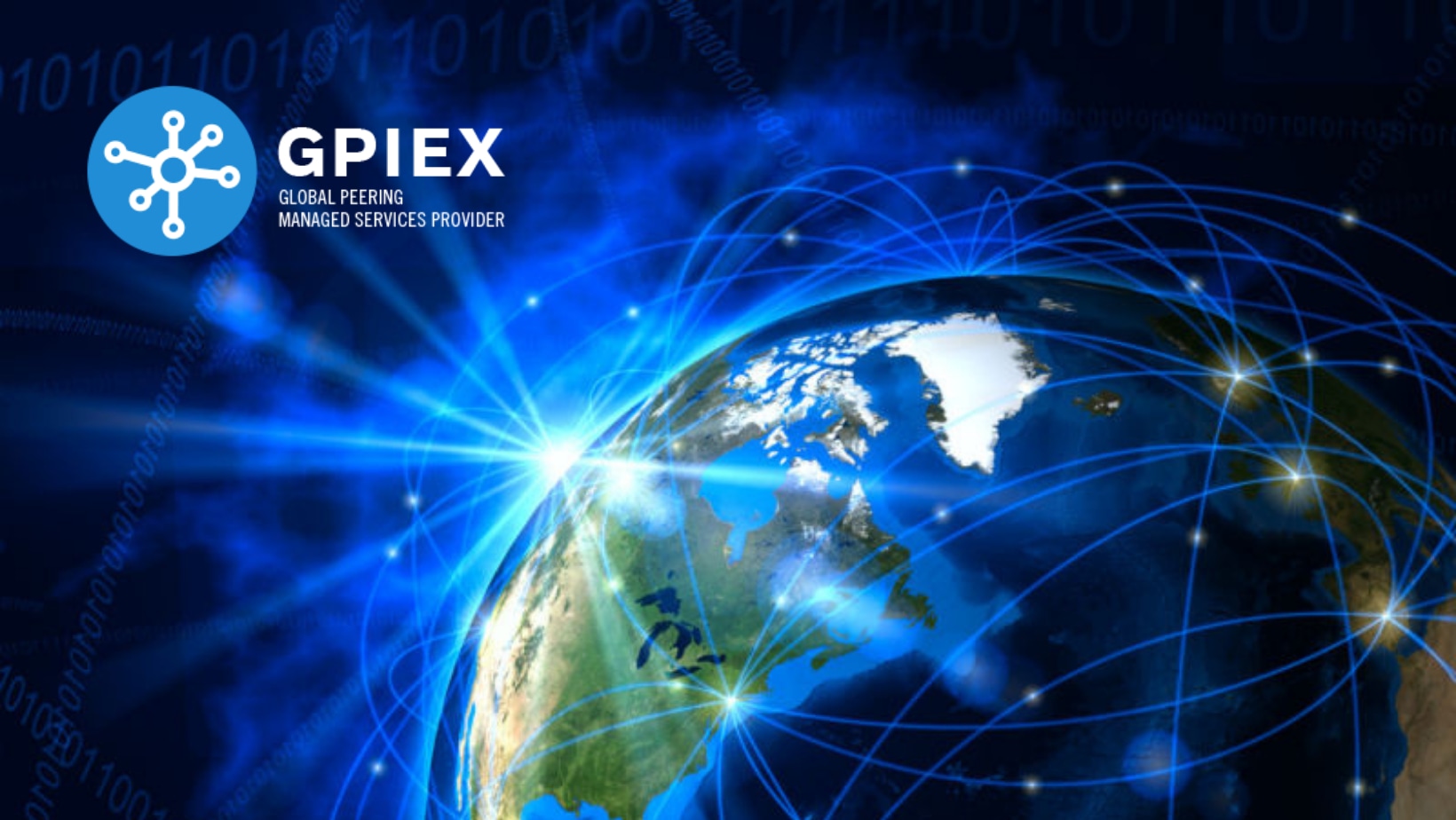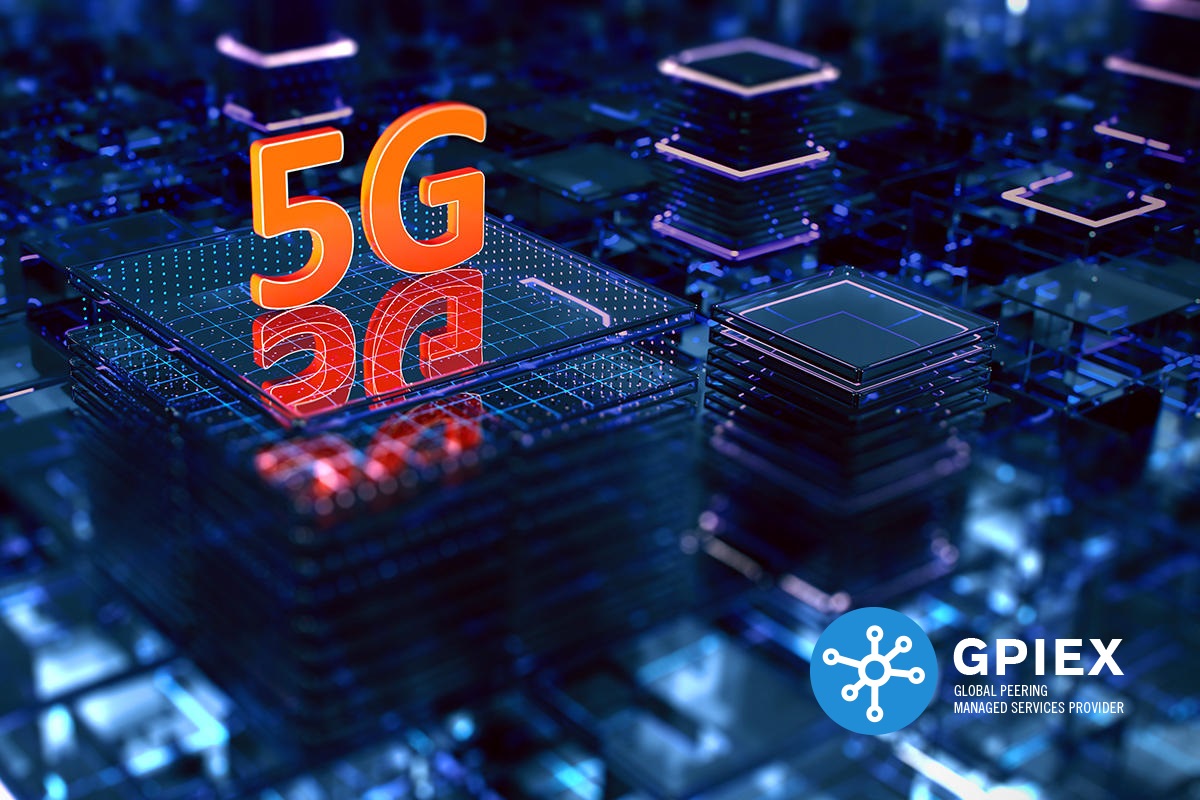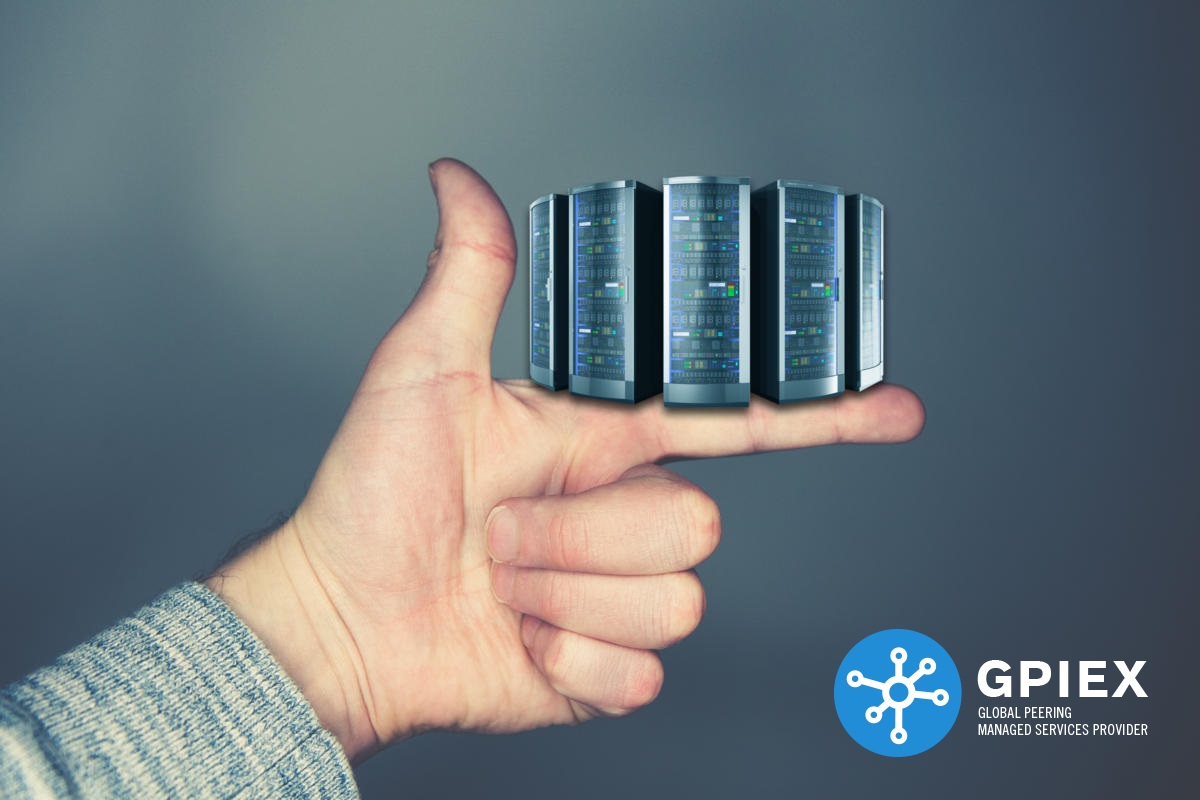In a world surrounded by challenges, technology has the power to change lives.
Technology is a fantastic tool. The late Carl Sagan once said, “We live in a society exquisitely dependent on science and technology”, a phrase which is too true. Imagine a world without computers, microwaves, television or cellphones. Now, stop imagining; unfortunately, this is a reality that is experienced by a large fraction of the global population. Whether by political control, civil wars, low or none income, or self-imposed exile, there are millions with little to no access to technology. The challenges face by these parts of the population on a day-to-day basis have been somehow overlooked in tech-friendly communities.
When speaking of the democratization of technology, we refer to the process by which people gain access to technological commodities, whether through its innate user-friendly products, or through its cost reductions across the years. Indeed, technology has the ability of becoming cheaper and more accessible as cost-efficiency becomes the norm by which businesses sell products and services. There is perhaps no greater demonstration of how valuable technology can be than the internet. Not only does it represent the aggregate of our knowledge, joy, and suffering; it’s also the main gateway by which we access other forms of technological innovations.
How else could we had addressed the educational system in the pandemic if not for the internet? Teachers and students used Google Classroom, Meet, Zoom, and virtual labs, among other tools, to continue teaching/learning during lockdown. Through trial and error, adaptation and demand, we discovered internet tools that, in a way, have kept us together; kept us united in ways no other time period has experienced before. Technological leaps have become so evident that small and big businesses alike need to outsource or own an information technology (IT) department.
The essence of democracy is the rule of the people; and it is the people that should enjoy the benefits of modern times. Why is it so important? Because technology changes lives, in all fields imaginable. Think of life expectancy several hundred years ago and how it has been stretched far into old age thanks to technology. We have genetically modified foods, which feed thousands instead of hundreds, thanks to technology. We can communicate across oceans and hemispheres thanks to cellphones. Furthermore, we can predict weather behavior through satellite technology. Several life-threatening diseases have been eradicated by vaccines; and now we’re hoping they will end this worldwide pandemic. In its latest installment, technology is aiding the possibility to colonize other planets. We have visited them through the use of robots, but interplanetary migration was relegated to science fiction… until recently. New techniques have improved water quality and its distribution to not so accessible areas. New materials are being developed; with applications for science as a whole. Medical advances could not happen if not for the aid of technology and the use of its tools.
We must strive for those who have yet to experience (voluntarily) the benefits of technology. After all, human welfare is intricately woven into the long-term effects of technological advancement. If there’s one thing that we should learn from this quarantine is how much of an impact technology has over society. It affects how we communicate with each other, just as much as how we learn from one another. It is only logical that it benefits our race as a whole.
In a world surrounded by challenges, technology has the power to change lives. In this digital era, GPIEX is able to connect people that are dispersed all over the world, processing large amounts of data, using a multitude of devices, through an extremely cost-effective and reliable network. The most basic forms of technology should be available for everyone, no matter your social status, this is what democratization of technology is all about.




